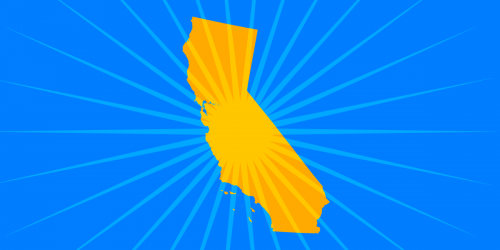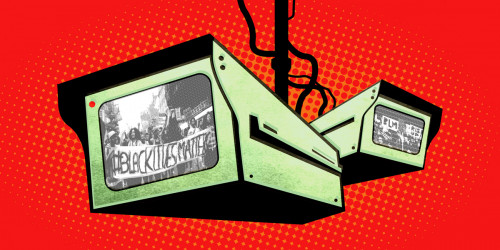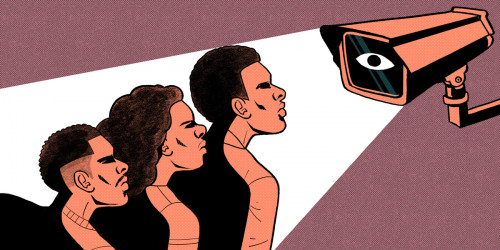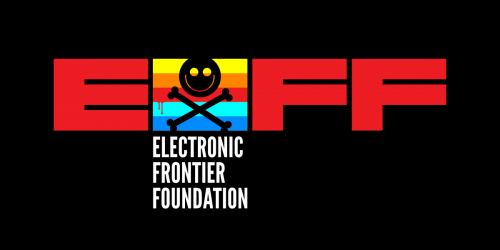Three members of Congress have joined the fight for the right to protest by sending a letter to the Privacy and Civil Liberties Oversight Board (PCLOB) to investigate federal surveillance against protesters. We commend these elected officials for doing what they can to help ensure our constitutional right to protest and for taking the interests and safety of protesters to heart.
It often takes years, if not longer, to learn the full scope of government surveillance used against demonstrators involved in a specific action or protest movement. Four months since the murder of George Floyd began a new round of Black-led protests against police violence, there has been a slow and steady trickle of revelations about law enforcement agencies deploying advanced surveillance technology at protests around the country. For example, we learned recently that the Federal Bureau of Investigation sent a team specializing in cellular phone exploitation to Portland, site of some of the largest and most sustained protests. Before that, we learned about federal, state, and local aerial surveillance done over protests in at least 15 cities. Now, Rep. Anna Eshoo, Rep. Bobby Rush, and Sen. Ron Wyden have asked the PCLOB to dig deeper..
The PCLOB is an independent agency in the executive branch, created in 2004, which undertakes far-ranging investigations into issues related to privacy and civil liberties including mass surveillance of the internet and cellular communications, facial recognition technology at airports, and terrorism watchlists. In addition to asking the PCLOB to investigate who used what surveillance where, and how it negatively impacted the First Amendment right to protest, the trio of Eshoo, Rush, and Wyden, ask the PCLOB to investigate and enumerate the legal authorities under which agencies are surveilling protests and whether agencies have followed required processes for use of intelligence equipment domestically. The letter continues:
“PCLOB should investigate what legal authorities federal agencies are using to surveil protesters to help Congress understand if agencies’ interpretations of specific provisions of federal statutes or of the Constitution are consistent with congressional intent. This will help inform whether Congress needs to amend existing statutes or consider legislation to ensure agency actions are consistent with congressional intent.”
We agree with these politicians that government surveillance of protesters is a threat to all of our civil liberties and an affront to a robust, active, and informed democracy. With a guarantee of more protests to come in the upcoming weeks and months, Congress and the PCLOB board must act swiftly to protect our right to protest, investigate how much harm government surveillance has caused, and identify illegal behavior by these agencies.
In the meantime, if you plan on protesting, make sure you’ve reviewed EFF’s surveillance self-defense guide for protesters.











